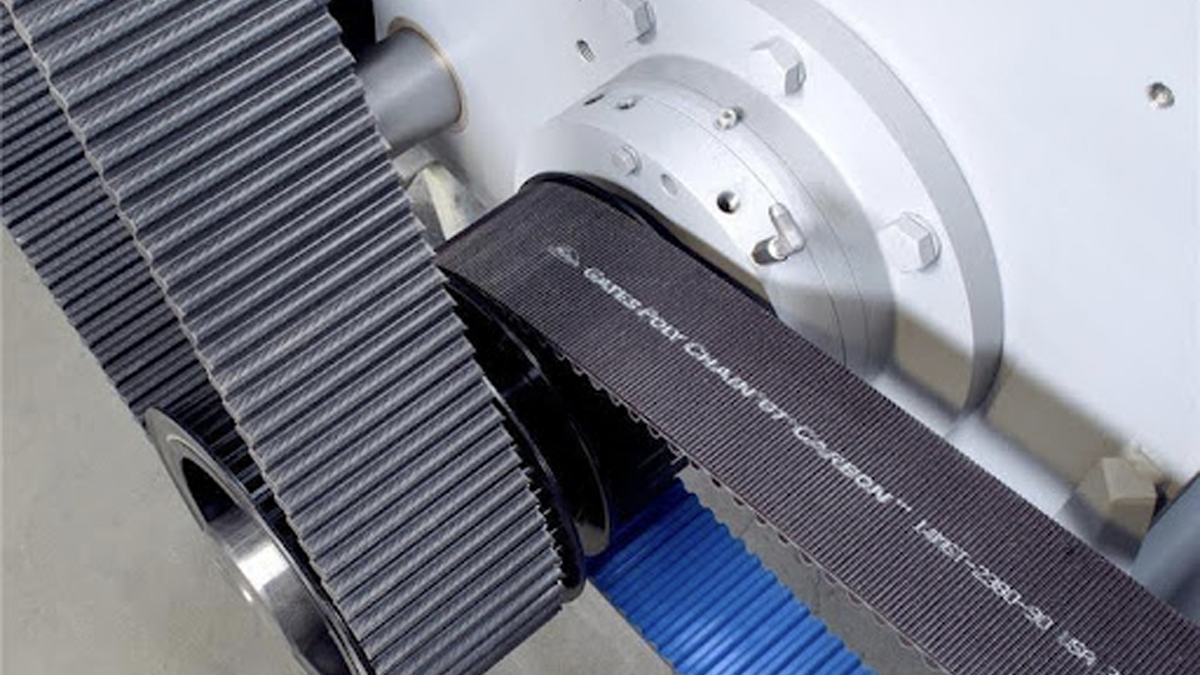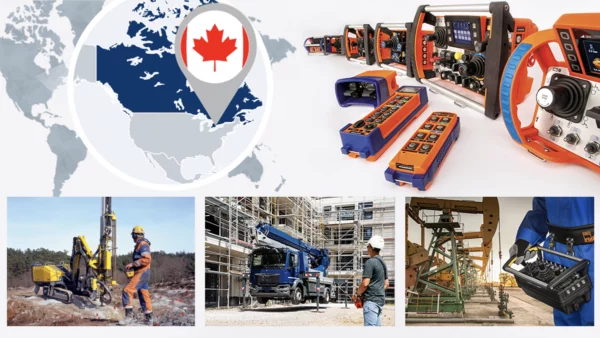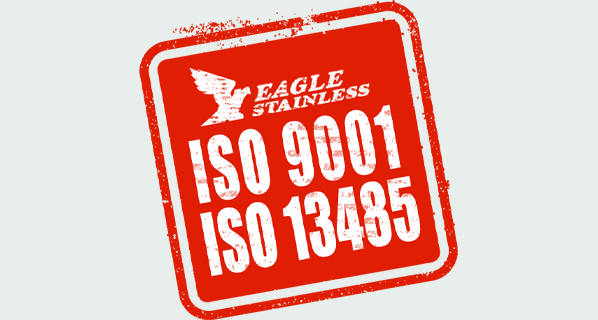Gates Corporation is a 2025 Environmental Initiative SEAL Award Winner
Gates is recognized as a sustainability leader with high-quality and energy-efficient solutions

DENVER, (March 26, 2025) – Gates (NYSE: GTES), a global manufacturer of innovative, highly engineered power transmission and fluid power solutions, received the 2025 Environmental Initiative SEAL Awards for its innovative Chain-to-Belt initiative. With it, Gates is redefining industry standards by offering synchronous belts as a superior alternative to traditional roller chains.
Gates is proud to be recognized as one of the winners of the prestigious SEAL Awards, which celebrates global leaders in Sustainability, Environmental Achievement, and Leadership. This honor highlights the company’s commitment to impactful environmental initiatives that drive lasting positive change and positions Gates among other leading global organizations.
Industrial operations have historically relied on numerous roller chain drives, creating multiple opportunities for conversion to belt drives. Gates is on a mission to replace roller chain systems with their cutting-edge synchronous belt technology. To prove this initiative is both highly viable and impactful, they conducted a third-party comprehensive analysis comparing the environmental impact of the Gates Poly Chain® GT Carbon belts to traditional roller chain systems.
The study found that the Gates’ belt-driven systems have a potential reduction of 90% in CO2 equivalent (kg of CO2eq) emissions or more over 10 years compared to roller chain systems. Additionally, by calculating the drives’ total cost of ownership over the same period, it proved that this initiative could save Gates customers thousands of dollars per converted drive. In one instance, replacing 50 roller chains with belt drives would eliminate 21,500 kg of CO2 emissions and generate approximately $250,000 in savings over 10 years. For large-scale operations with hundreds of roller chain drives, the financial and environmental impact scales exponentially offering a proven solution to reduce maintenance costs, improve efficiency, and advance sustainability goals.
Gates belt drive systems provide tangible, long-lasting benefits, from drastically reducing greenhouse gas (GHG) emissions to reducing the total cost of ownership for their customers. These real, measurable outcomes show sustainability and cost savings are not mutually exclusive, they are intertwined. Learn more about the Gates Chain-to-Belt initiative here.






